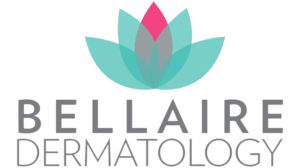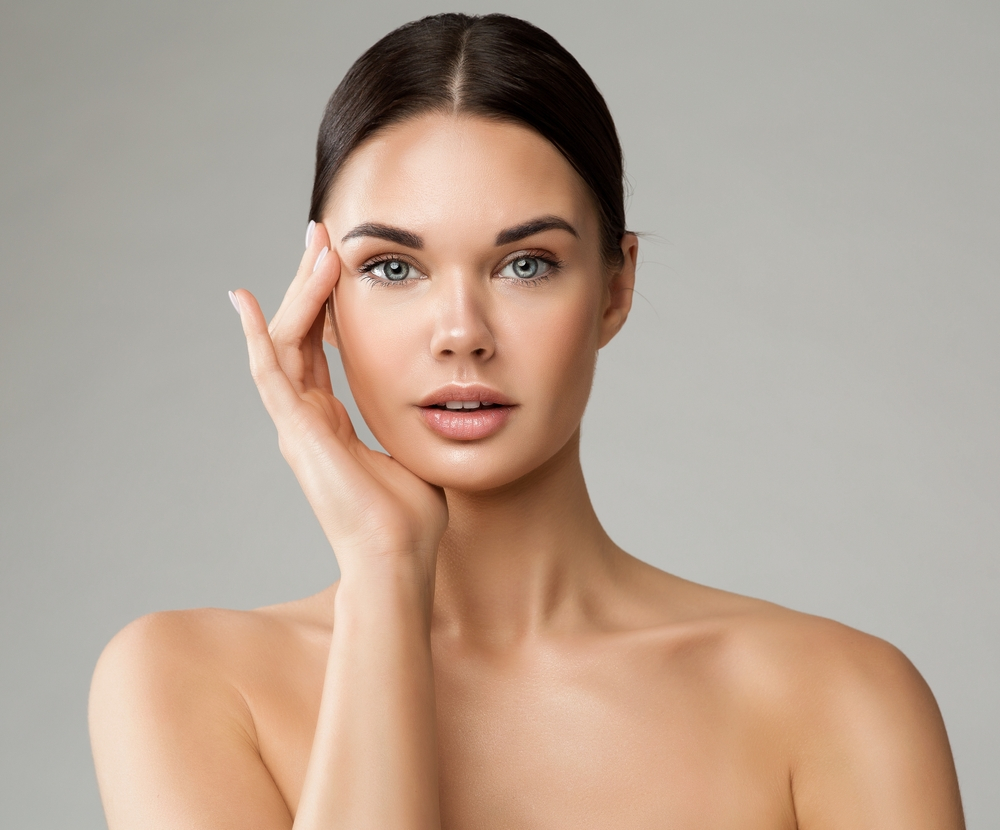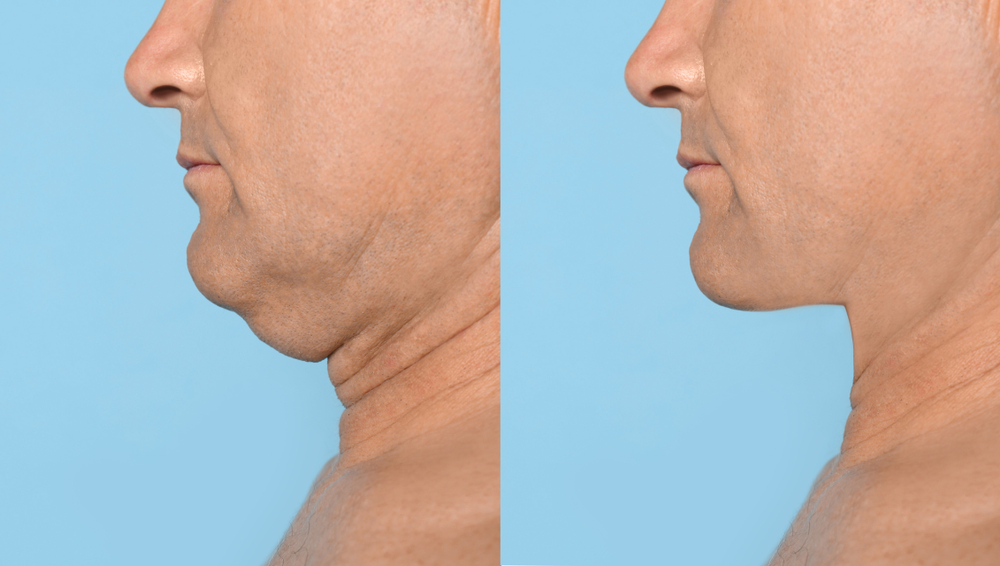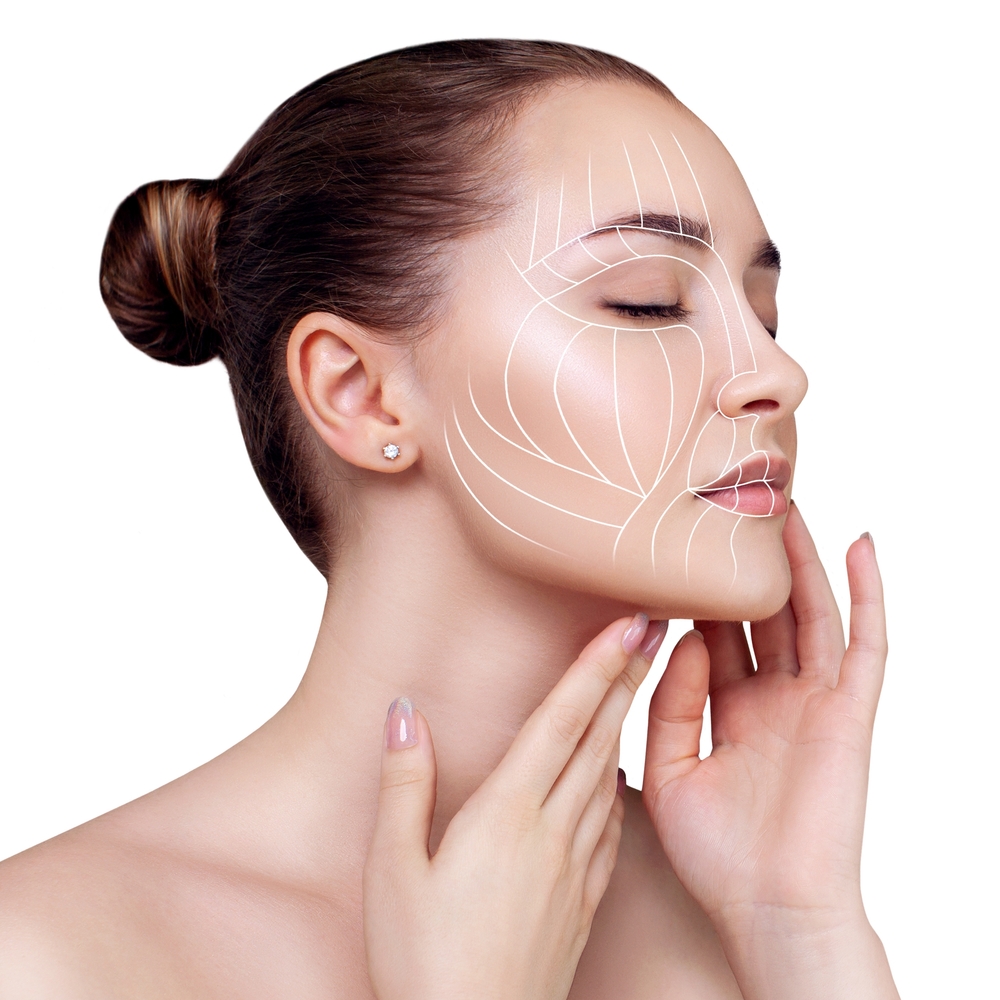Eczema on the eyelids can be particularly distressing, combining the discomfort of itchy, irritated skin with the self-consciousness of visible symptoms in such a prominent area. At Bellaire Dermatology in Houston, TX, we understand the delicate nature of this condition and the importance of a tailored, sensitive approach to treatment.
This comprehensive guide is designed to demystify eyelid eczema, exploring the underlying causes, practical management strategies, and the latest treatments to soothe the itch and restore skin health. With expert insights and advice, you’re in capable hands on your journey to relief and recovery.
What Is Eczema?
Eczema, or atopic dermatitis, is a chronic, inflammatory skin condition characterized by dry, itchy, and inflamed skin. Although it can occur at any age, it most commonly appears in early childhood and can persist into adulthood. The exact cause of eczema is unknown, but it is believed to be linked to genetic and environmental factors.
This condition is often associated with an overactive immune system response and a compromised skin barrier, which allows moisture to escape and allergens and irritants to enter more easily. The symptoms of eczema include intense itching, red or brownish-gray patches, small raised bumps that may leak fluid when scratched, thickened or scaly skin, and raw, sensitive skin from scratching.
What Causes Eczema on the Eyelids?
Eczema on the eyelids, like in other areas, is influenced by a combination of factors that can cause the skin to become inflamed, itchy, and irritated. The skin on the eyelids is particularly thin and sensitive, making it more susceptible to irritants and allergens. Here are some of the primary causes and contributing factors of eczema on the eyelids:
Allergic Reactions
Contact with allergens can lead to a type of eczema known as contact dermatitis. Common allergens include ingredients in makeup, skincare products, and eye drops, as well as pollen and pet dander.
Irritants
Exposure to everyday irritants can trigger eczema. These can include soaps, detergents, shampoos, disinfectants, and even water (when exposure is frequent or prolonged).
Genetic Factors
Eczema can run in families, suggesting a genetic predisposition. People with a family history of eczema, asthma, or hay fever are more likely to develop eczema themselves.
Stress
Emotional stress doesn’t directly cause eczema but can worsen symptoms or trigger flare-ups. Stress management techniques may help reduce the frequency or severity of symptoms.
Environmental Factors
Changes in weather, icy and dry conditions, can sap moisture from the skin, leading to eczema. Conversely, excessive sweating in hot, humid conditions can also irritate the skin.
Hormonal Changes
Hormonal changes, such as those occurring during menstruation, pregnancy, or menopause, can exacerbate eczema symptoms due to fluctuations in estrogen and progesterone levels.
These hormonal shifts may increase inflammation and alter the skin’s barrier function, making it more susceptible to irritation and flare-ups.
Microbial Infections
Microbial infections, including bacterial, viral, or fungal types, can compromise the skin’s protective barrier, triggering eczema or worsening existing symptoms. Infections disrupt the delicate balance of the skin microbiome, leading to inflammation and potential exacerbation of eczema symptoms.
How Can You Treat Eczema on the Eyelids?
Identify and Avoid Triggers
Determine potential irritants or allergens that may be causing or exacerbating the eczema. Common triggers include makeup, facial cleansers, pollen, and certain fabrics. Try to avoid these triggers as much as possible. For instance, use hypoallergenic makeup and skincare products, and keep the eye area clean and free from irritants.
Gentle Skincare Routine
Use a mild, fragrance-free cleanser to clean the eyelids. Avoid rubbing the area harshly and gently pat the skin dry after washing. Apply a hypoallergenic, fragrance-free moisturizer or an ointment specifically for sensitive skin. Moisturizing helps in maintaining the skin barrier and keeping the skin hydrated.
Medicated Treatments
For severe flare-ups, we may prescribe a low-potency topical corticosteroid. Using these sparingly and under medical supervision is crucial, especially around the sensitive eye area.
Medications like tacrolimus ointment or pimecrolimus cream can be prescribed for treating eczema around the eyes. They are non-steroidal and can be used for extended periods.
Cold Compresses
Applying a cool, damp cloth to the eyelids can help alleviate itching and reduce swelling. Use a cold compress for 15 minutes daily to soothe the itch and discomfort.
Anti-itch Creams
Creams containing hydrocortisone can be applied to reduce itching and inflammation. However, they should be used cautiously and not for prolonged periods without consulting us. In more severe cases, we may prescribe stronger anti-itch medications.
Avoid Rubbing and Scratching
Rubbing and scratching can worsen the condition and lead to infections. Keeping fingernails short can help minimize damage from scratching. Wear cotton gloves at night to prevent scratching in your sleep.
Stress Management
Stress can exacerbate eczema symptoms. Stress-reducing activities such as yoga, meditation, or deep breathing exercises can help manage stress levels.
What Qualifies You for Eczema Treatments?
Qualification for eczema treatments depends on various factors, including the severity of the condition, the patient’s medical history, any underlying health issues, and individual response to previous treatments. A consultation with us is crucial for proper assessment and determination of suitable treatment options. We will evaluate the specific circumstances and may recommend a combination of medications, topical treatments, and lifestyle changes.
Find Relief From Eczema With Our Treatments in Houston, TX
At Bellaire Dermatology in Houston, TX, our team comprises highly skilled dermatologists with years of specialized experience in treating eczema. We are committed to staying at the forefront of dermatological advancements, ensuring our patients benefit from the latest and most effective therapeutic options. Understanding the distress and discomfort that eczema can cause, we offer personalized care and treatment plans tailored to each individual’s needs.
If you’re seeking relief from eczema and seeking expert care, we invite you to contact us. Contact us online or call us at (713) 661-4383 to schedule your consultation and take the first step toward healthier, more comfortable skin.





